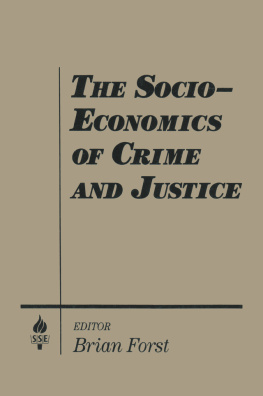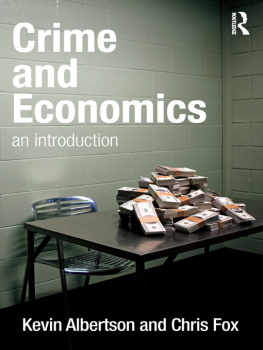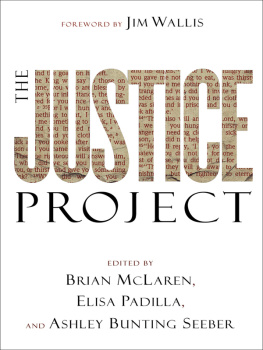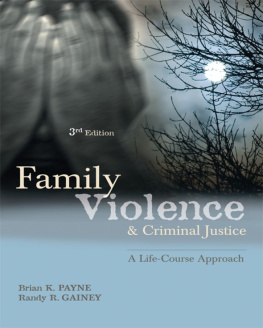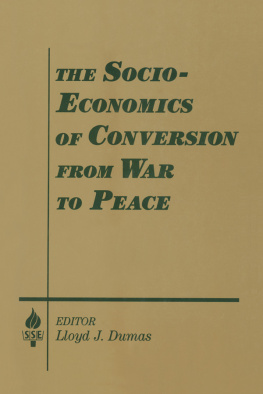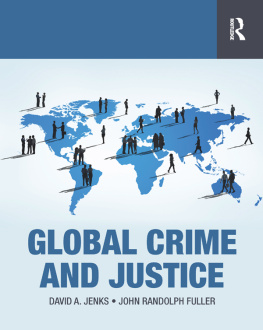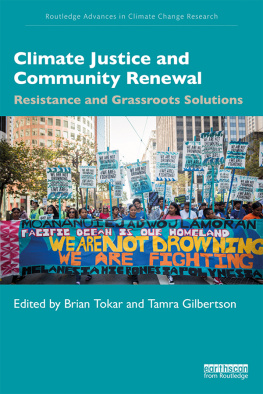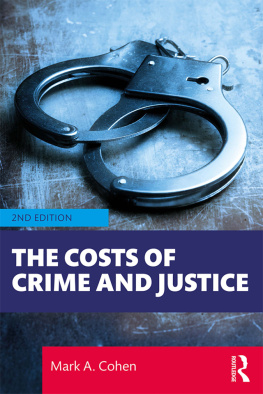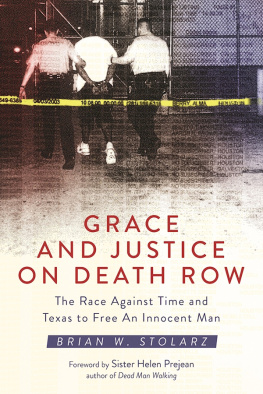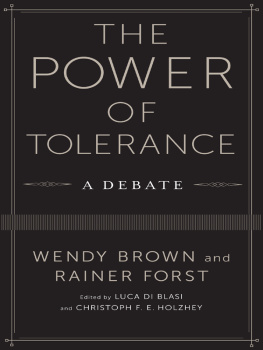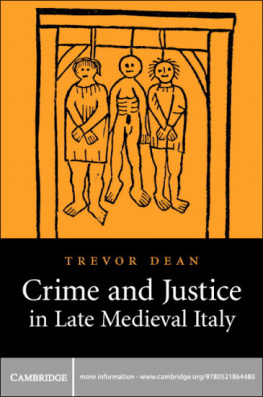Brian Forst - The Socio-Economics of Crime and Justice
Here you can read online Brian Forst - The Socio-Economics of Crime and Justice full text of the book (entire story) in english for free. Download pdf and epub, get meaning, cover and reviews about this ebook. year: 1993, publisher: Routledge, genre: Romance novel. Description of the work, (preface) as well as reviews are available. Best literature library LitArk.com created for fans of good reading and offers a wide selection of genres:
Romance novel
Science fiction
Adventure
Detective
Science
History
Home and family
Prose
Art
Politics
Computer
Non-fiction
Religion
Business
Children
Humor
Choose a favorite category and find really read worthwhile books. Enjoy immersion in the world of imagination, feel the emotions of the characters or learn something new for yourself, make an fascinating discovery.
- Book:The Socio-Economics of Crime and Justice
- Author:
- Publisher:Routledge
- Genre:
- Year:1993
- Rating:3 / 5
- Favourites:Add to favourites
- Your mark:
- 60
- 1
- 2
- 3
- 4
- 5
The Socio-Economics of Crime and Justice: summary, description and annotation
We offer to read an annotation, description, summary or preface (depends on what the author of the book "The Socio-Economics of Crime and Justice" wrote himself). If you haven't found the necessary information about the book — write in the comments, we will try to find it.
The Socio-Economics of Crime and Justice — read online for free the complete book (whole text) full work
Below is the text of the book, divided by pages. System saving the place of the last page read, allows you to conveniently read the book "The Socio-Economics of Crime and Justice" online for free, without having to search again every time where you left off. Put a bookmark, and you can go to the page where you finished reading at any time.
Font size:
Interval:
Bookmark:

NEW PERSPECTIVES ON SOCIO-ECONOMICS
Richard M. Coughlin, editor
TOWARD A NEW SYNTHESIS
Amitai Etzioni and Paul R. Lawrence, editors
THEORY AND EMPIRICAL FINDINGS
Sven-Erik Sjstrand, Editor
FROM QUESNAY TO KEYNES
Pierre Guillet de Monthoux
Brian Forst, editor

Brian Forst

2 Park Square, Milton Park, Abingdon, Oxon OX14 4RN
711 Third Avenue, New York, NY 10017, USA
No responsibility is assumed by the publisher for any injury and/or damage to persons or property as a matter of products liability, negligence or otherwise, or from any use of operation of any methods, products, instructions or ideas contained in the material herein.
p. cm.(Studies in socio-economics)
Includes bibliographical references and index.
ISBN 1-56324-074-2.ISBN 1-56324-025-4 (pbk.)
1. CrimeSocial aspectsUnited States. 2. CrimeEconomic aspectsUnited States. 3. Criminal justice, Administration ofSocial aspectsUnited States. 4. Criminal justice, Administration ofEconomic aspectsUnited States.
I. Forst, Brian.
II. Series.
HV6030.S63 1993
364.2dc20
9323797
CIP
ISBN 13: 9781563240744 (hbk)
my wife and best friend
| Amitai Etzioni |
| Brian Forst |
| Hugo Adam Bedau |
| Had Phillips |
| Graham Hughes |
| Joan McCord |
| Darnell Hawkins |
| Rita Simon |
| Carl E. Pope |
| Bonnie Fisher |
| Jeffrey Fagan |
| Jackson Toby |
| James J. Fyfe |
| Brian Forst |
| Norval Morris |
Socio-Economics, Crime, and Justice
Font size:
Interval:
Bookmark:
Similar books «The Socio-Economics of Crime and Justice»
Look at similar books to The Socio-Economics of Crime and Justice. We have selected literature similar in name and meaning in the hope of providing readers with more options to find new, interesting, not yet read works.
Discussion, reviews of the book The Socio-Economics of Crime and Justice and just readers' own opinions. Leave your comments, write what you think about the work, its meaning or the main characters. Specify what exactly you liked and what you didn't like, and why you think so.

